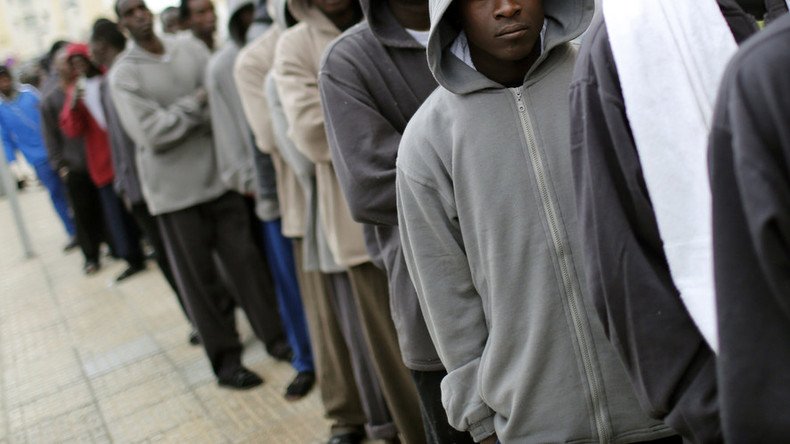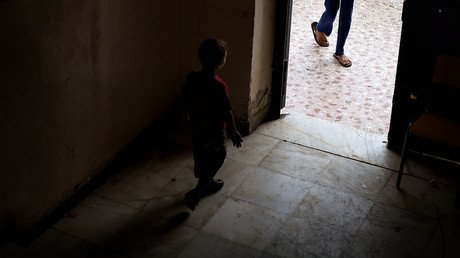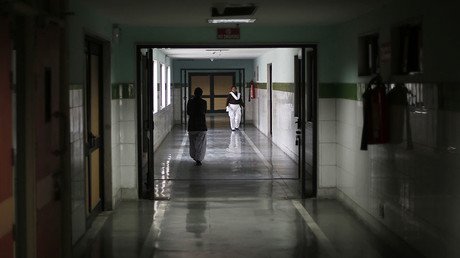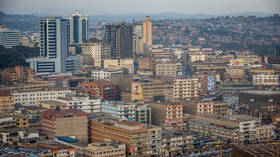Prostitutes tempt migrants to sell their organs in Egypt – report

Human organ traffickers are allegedly using prostitutes to tempt migrants into selling their organs, while hospitals are helping to cover up the disturbing revelations, a shocking report has stated.
The traffickers are targeting African migrants who do not have the necessary documentation and are also without money, the report added.
"(One pimp) used the services of sex workers as leverage when negotiating fees with both sellers and buyers," the report said, as quoted by Reuters. "A night with a sex worker was offered as an extra inducement to sell.”
The report was compiled by Sean Columb, a law lecturer at Liverpool University in Britain, who spent weeks in Egypt, and talked to brokers and donors.
Legislation is vague regarding organ transplants in Egypt. Purchasing a kidney is illegal, but paying for a transplant procedure is within the rules. Some people have paid up to $100,000 for a new organ, with the deals made in public places like cafes, the report said.
Columb states that the ambivalence of the legislation is shown by the fact that the unlawful removal of organs is rarely reported.
"Should a transplant professional (surgeon) suspect that an organ has been donated illegally there is no legal duty to report this to the relevant authorities," one broker told Columb, as cited by Reuters. "The doctors don't want to know anything. They take the money without question.”
One of the donors told Columb that she was detained in an operating theatre while her kidney was removed, and the surgery left her with abdominal pain.
Another donor refused to be operated on, despite threats from brokers, who told her that “it was too late for her to reconsider, as the health checks and surgery had already been paid for” and then warned they would come and get her kidney.
The report is not the only evidence of horrifying organ trafficking practices. In July, the Times newspaper reported that African refugees were being killed for their organs in Egypt if they failed to pay their smugglers.
"The Egyptians come equipped to remove the organ and transport it in insulated bags," people smuggler Nouredin Atta told the investigation following his detention, as cited by the Times.
In April, blood-chilling images of badly scarred bodies of Somali refugees emerged on social media, with the users suggesting that migrants had been victims of organ trafficking.
Egypt is known to be a hub for migrants and is a transit point for those who want to travel to Europe. Around one in 10 refugees arriving in Italy have sailed via Egypt since the start of 2016, the International Organisation for Migration said. The rest went through Libya.
It id not only in Egypt that migrants are being targeted by criminals.
Last month, a report said that refugee children as young as seven were being sexually assaulted in official EU migrant camps in Greece, with children and women too afraid to go outside their tents after dark.
In May, allegations concerning sexual abuse at a migrant facility in the south east of Turkey emerged. A cleaner at the Nazip refugee center was given a 108-year prison sentence for sexually abusing over two-dozen Syrian boys, who were aged between eight and 12.














